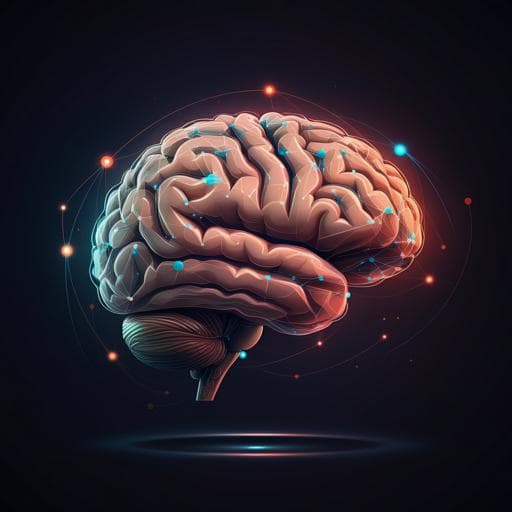
Education
Genetic factors underlie the association between anxiety, attitudes and performance in mathematics
M. Malanchini, K. Rimfeld, et al.
This study delves into the intricate relationship between mathematics anxiety and crucial factors like self-efficacy, interest, and performance. Conducted by a team of experts including Margherita Malanchini and Robert Plomin, the research reveals the significant genetic and environmental influences that shape these associations. Discover the genetic underpinnings of mathematics-related traits and how they might affect students' learning experiences.
~3 min • Beginner • English
Related Publications
Explore these studies to deepen your understanding of the subject.







